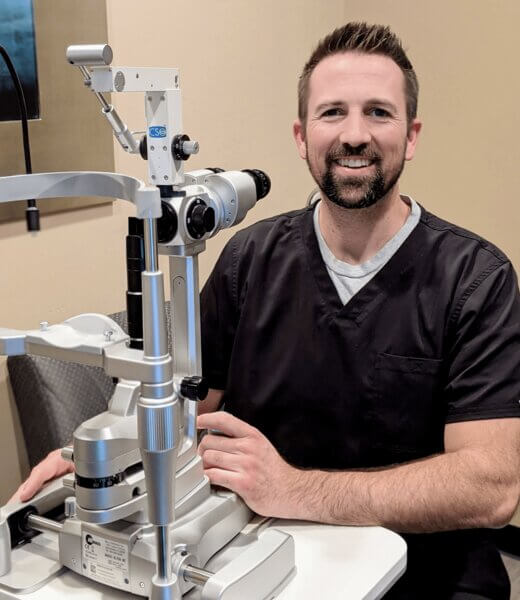Introduction
Our eyes, windows to the world, are significantly influenced by our lifestyle choices. The intricate relationship between sleep, exercise, stress, and vision is a topic worth exploring. Understanding how these factors interconnect can empower us to make informed decisions for our visual well-being.
The Impact of Lifestyle Choices on Vision: How Sleep, Exercise, and Stress Affect Your Eyes
In this comprehensive exploration, we delve into the profound impact that lifestyle choices can have on our eyes. From the crucial role of quality sleep to the benefits of regular exercise and effective stress management, each aspect contributes to the overall health of our vision.
Sleep and Vision
– Importance of Quality Sleep A good night’s sleep is not just essential for overall well-being; it plays a pivotal role in maintaining optimal eye health. During sleep, our eyes rest and recover, ensuring they function at their best when we wake up.
– Sleep Disorders and Eye Health Conditions like sleep apnea can have detrimental effects on vision. Lack of oxygen during sleep can lead to damage to the optic nerve, emphasizing the need to address sleep disorders promptly.
Exercise and Visual Well-being
– Benefits of Regular Exercise for Eyes Engaging in regular physical activity enhances blood circulation, benefiting the eyes by ensuring a steady supply of oxygen and nutrients. Exercise also reduces the risk of developing age-related macular degeneration (AMD).
– Eye-friendly Workouts Certain exercises specifically target eye muscles, promoting flexibility and reducing eye strain. Practices like eye yoga and focusing exercises contribute to maintaining visual acuity.
Stress Management for Healthy Eyes
– Understanding the Stress-Eye Connection Chronic stress can manifest in various eye issues, from dry eyes to blurred vision. Managing stress through relaxation techniques, mindfulness, and adequate breaks can prevent long-term damage.
– Coping Strategies Incorporating stress-reducing activities like meditation, deep breathing, or hobbies into daily life can significantly contribute to maintaining optimal eye health.
Nutrition’s Role in Eye Health
– Vitamins and Minerals for Vision A well-balanced diet rich in vitamins A, C, and E, as well as minerals like zinc, is crucial for supporting eye health. These nutrients contribute to preventing conditions like cataracts and macular degeneration.
– Foods to Boost Eye Health Incorporating leafy greens, colorful fruits, and fish rich in omega-3 fatty acids can provide the necessary nutrients to nourish and protect your eyes.
Hydration and Eyes
– Water’s Influence on Vision Proper hydration is fundamental for overall health, and it extends to eye health. Dehydration can lead to dry eyes and discomfort, emphasizing the importance of maintaining adequate water intake.
– Dehydration Effects on Eyes Symptoms of dehydration, such as reduced tear production, can contribute to eye strain. Ensuring proper hydration is a simple yet effective way to promote eye comfort.
Electronic Devices and Eye Strain
– Impact of Screen Time on Eyes With the prevalence of digital devices, prolonged screen time can lead to digital eye strain. Understanding the 20-20-20 rule and adjusting screen settings can alleviate strain and prevent potential damage.
– Preventive Measures Using blue light filters, taking regular breaks, and adjusting screen brightness are practical measures to protect your eyes from the adverse effects of prolonged electronic device use.
Outdoor Time for Eye Health
– Sunlight and Vitamin D for Eyes Sunlight exposure is essential for the production of vitamin D, which plays a role in preventing conditions like macular degeneration. Balancing sunlight exposure with protective measures is key.
– Outdoor Activities for Vision Engaging in outdoor activities not only exposes the eyes to natural light but also provides a break from screen time, reducing the risk of digital eye strain.
Routine Eye Check-ups
– Importance of Regular Eye Exams Regular eye check-ups are vital for detecting potential issues early. Even if you have no apparent vision problems, routine exams can identify issues that might not yet present symptoms.
– Detecting Issues Early Early detection allows for timely intervention, preventing the progression of conditions that could lead to permanent vision impairment.
FAQs on Lifestyle Choices and Vision
- How does lack of sleep affect vision?
- Can exercise improve eyesight?
- Does stress cause eye problems?
- What foods are good for eye health?
- How much water should one drink for healthy eyes?
- Is outdoor time crucial for vision?
Conclusion
In conclusion, the impact of lifestyle choices on vision is profound. By prioritizing quality sleep, regular exercise, stress management, proper nutrition, and routine eye check-ups, we empower ourselves to safeguard our visual well-being. Let’s make informed choices to ensure a clear and vibrant view of the world
Tatum Eyecare is North Phoenix’s premier family eye care center. We’ve spared no expense to create the most pleasant, comfortable patient experience… including the finest furnishings, the best selection of prescription eyeglass frames, the most cutting-edge technology, and the most outstanding team of industry professionals. Come see why the choice for family eye care in the Valley has never been clearer.


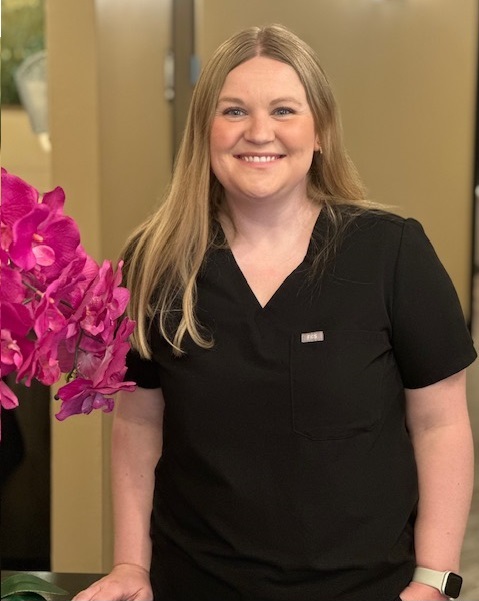



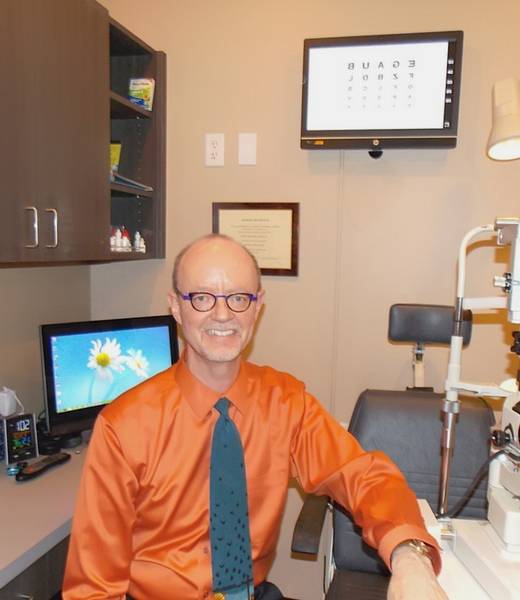

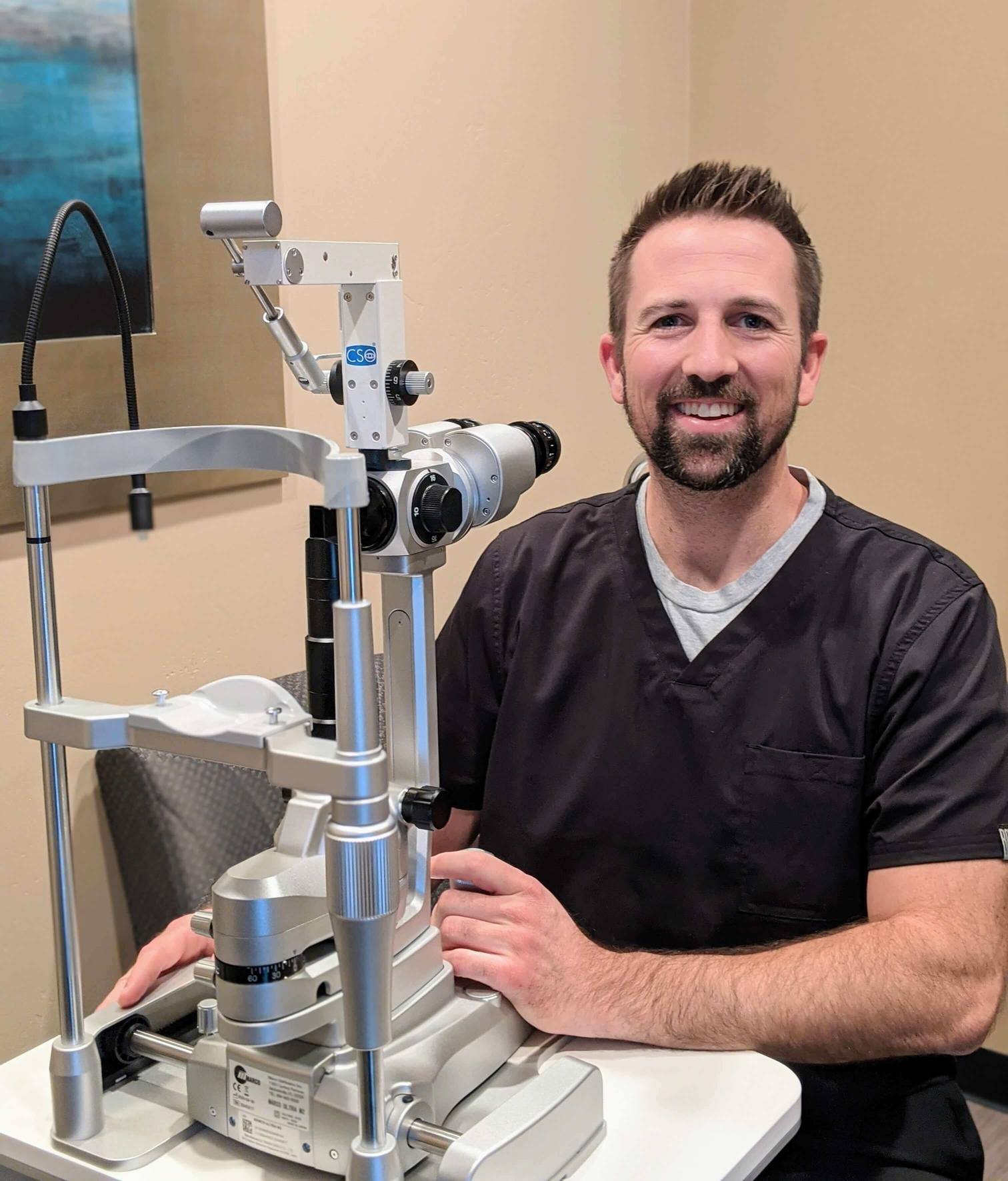
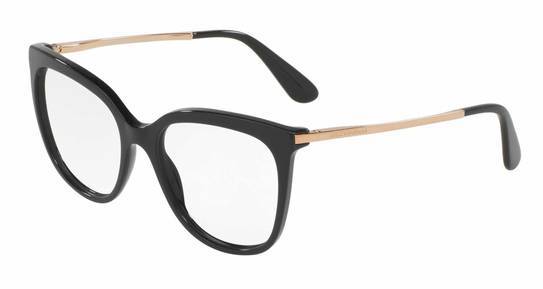






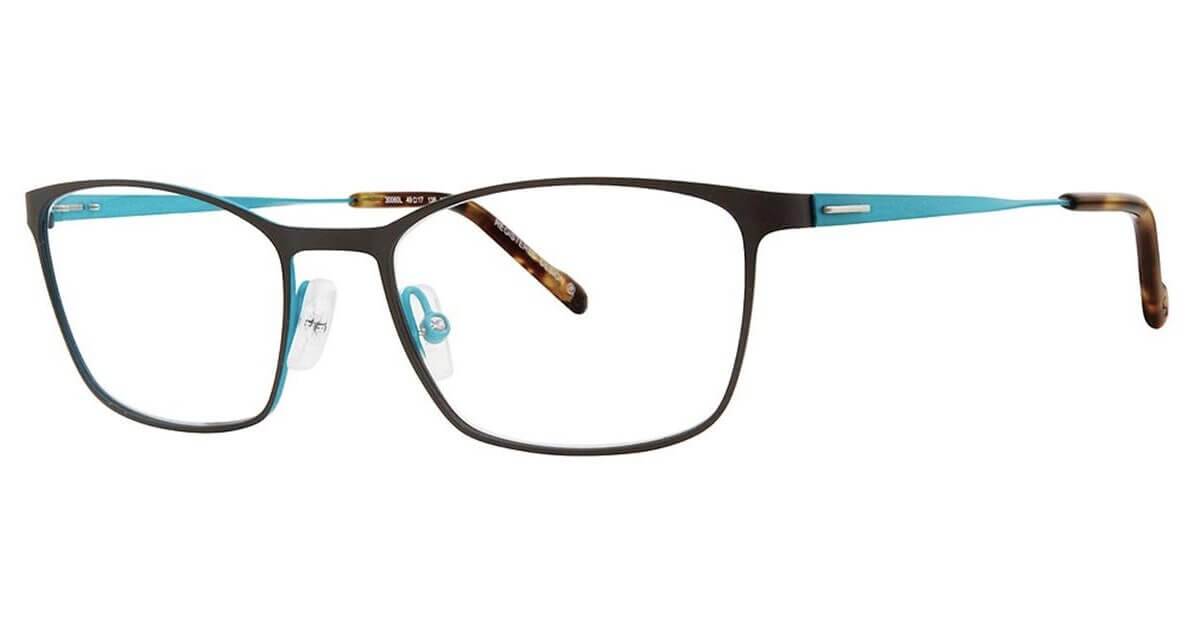

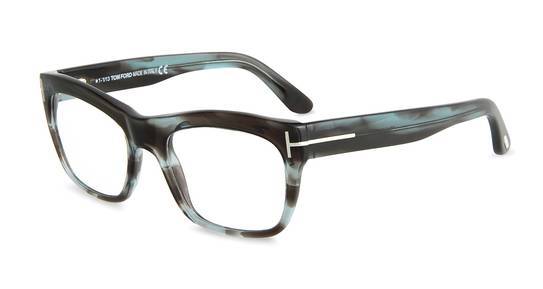
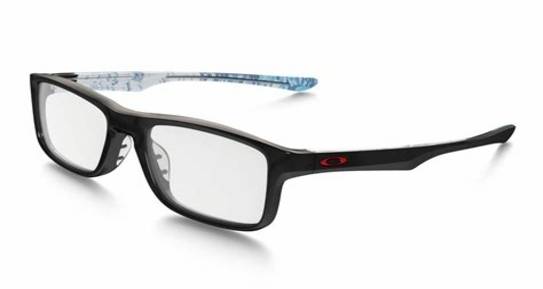

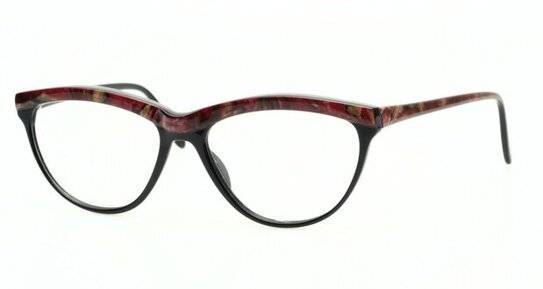
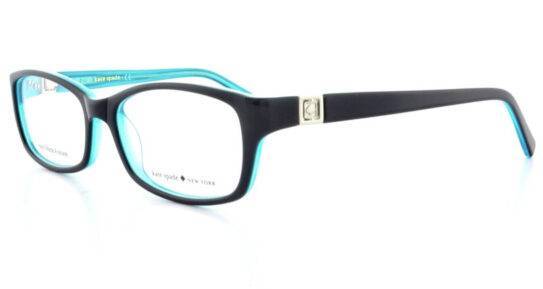
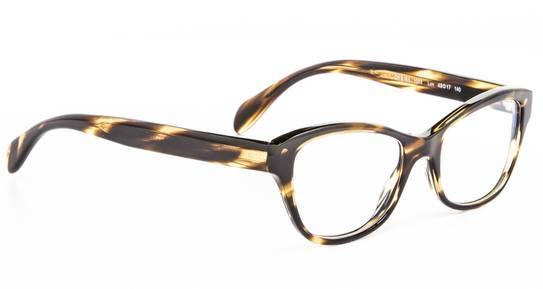


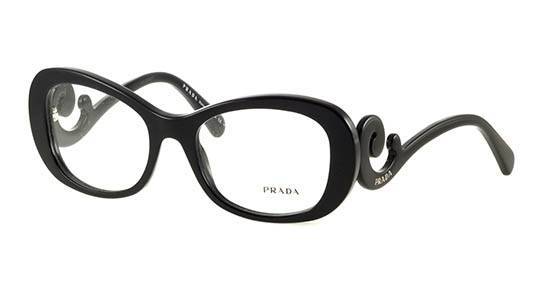
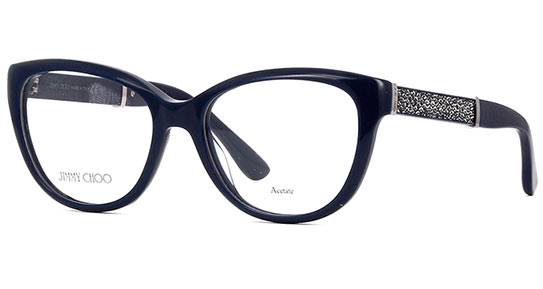
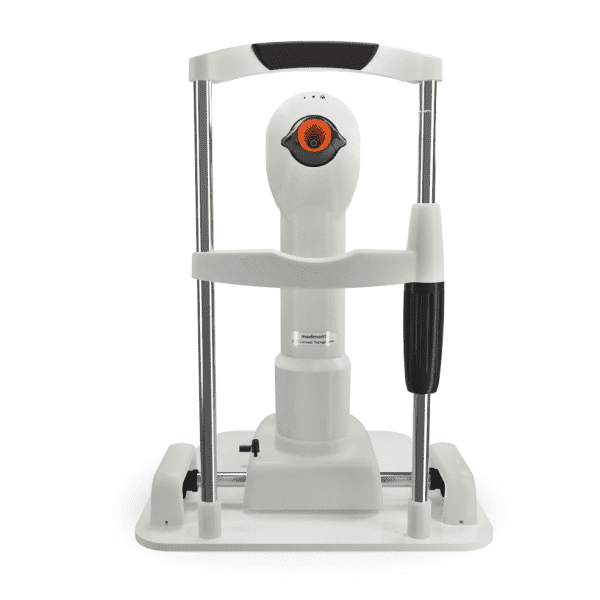
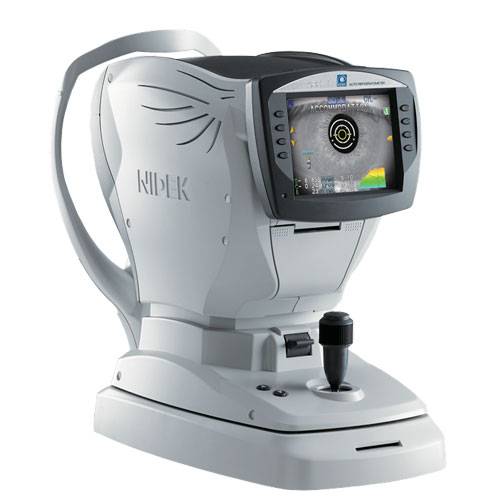
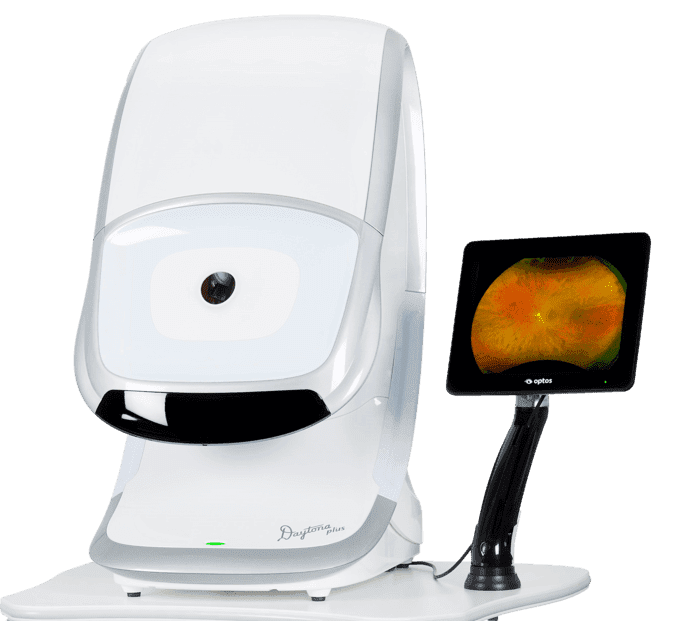
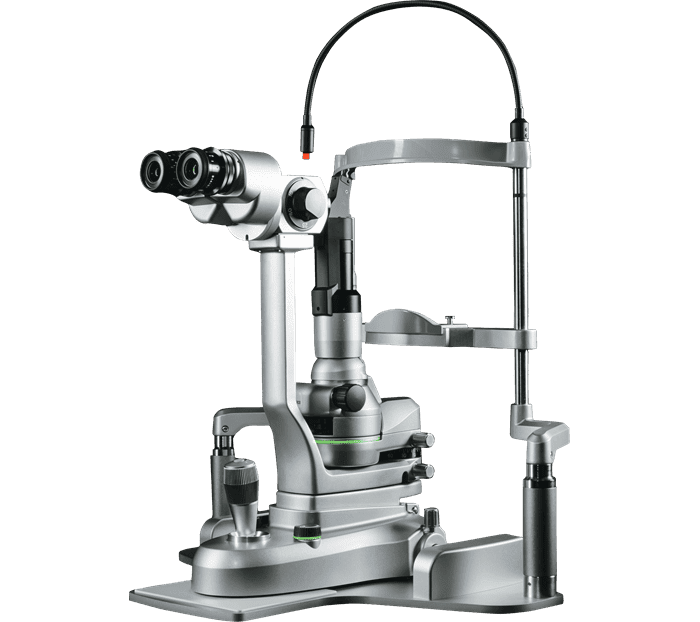
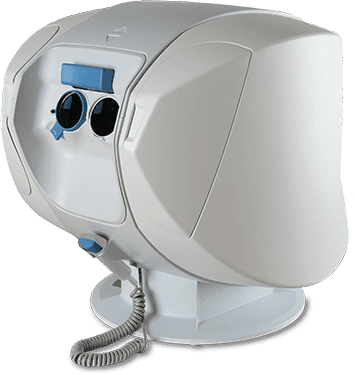
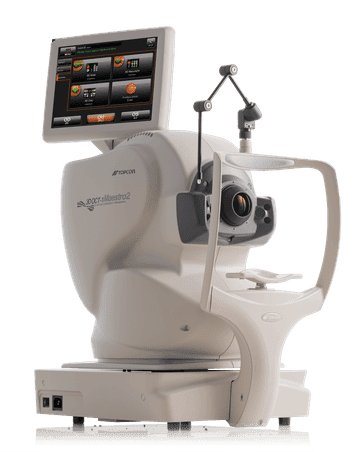
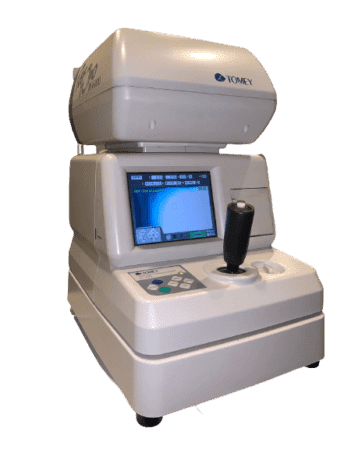
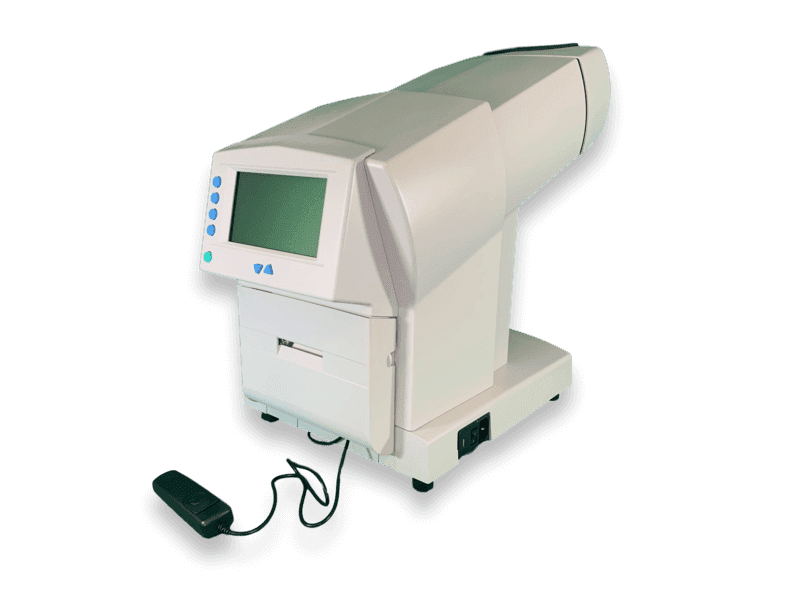
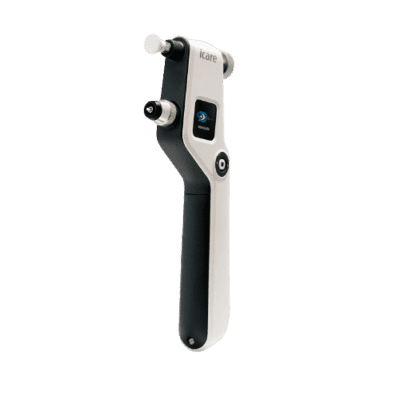
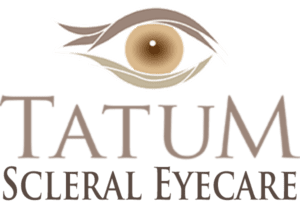
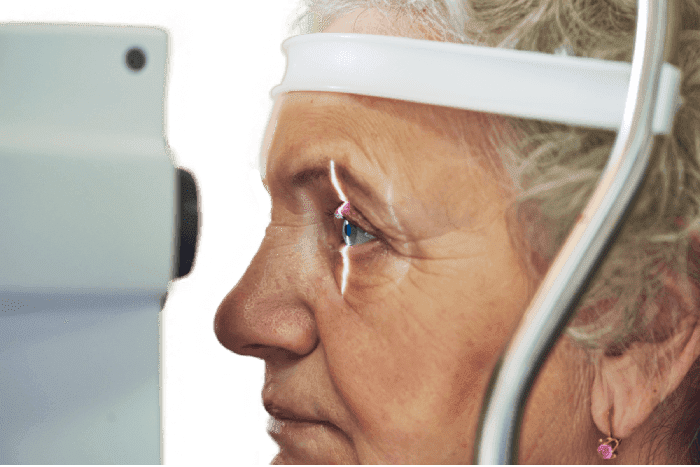
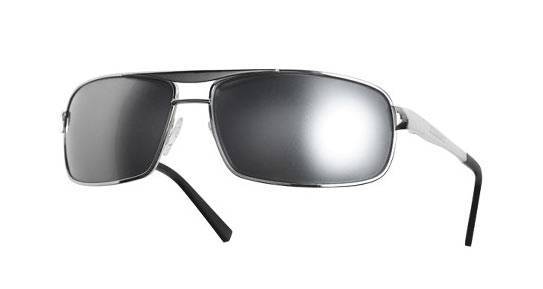 Dillon Optics, the performance eyewear arm of Dillon Precision, have a unique non-reflective, matte lens appearance incorporated with NIR lens technology. This produces noticeably sharper clarity, and protects the lens from damage and harmful environmental conditions. Perfect for outdoor sports and activities where precision vision is required. Tatum Eyecare carries a wide variety of Dillon Optics eyewear.
Dillon Optics, the performance eyewear arm of Dillon Precision, have a unique non-reflective, matte lens appearance incorporated with NIR lens technology. This produces noticeably sharper clarity, and protects the lens from damage and harmful environmental conditions. Perfect for outdoor sports and activities where precision vision is required. Tatum Eyecare carries a wide variety of Dillon Optics eyewear.




